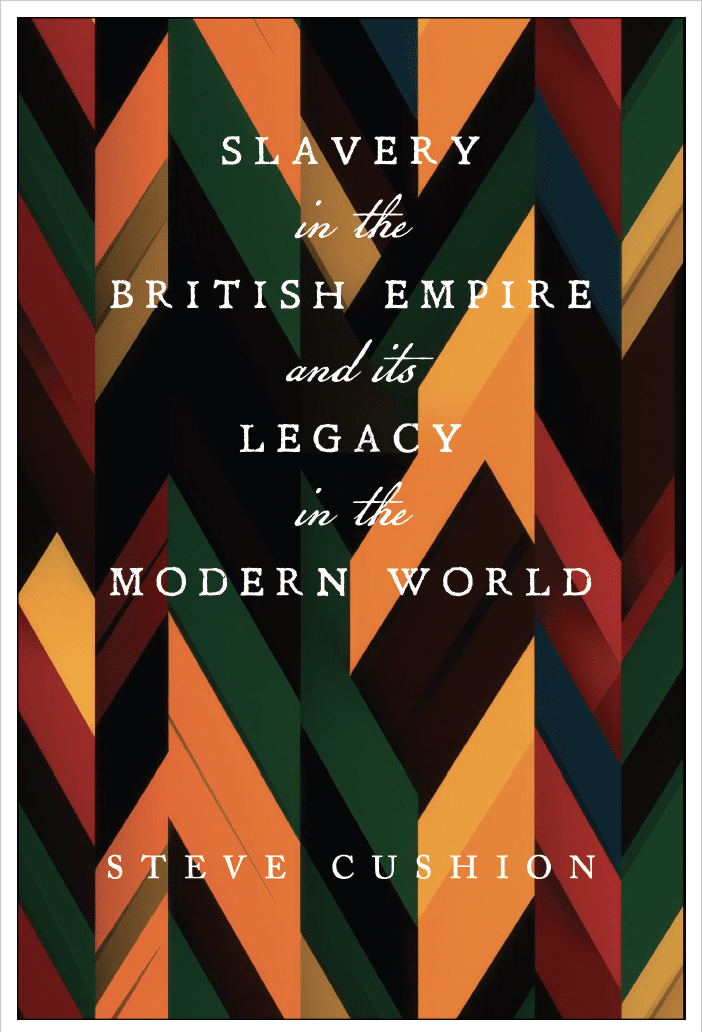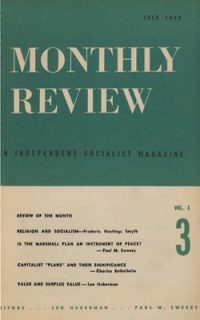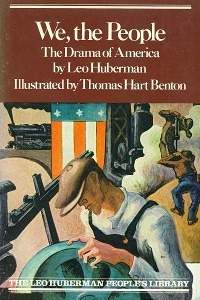Slavery in the British Empire and its Legacy in the Modern World
$28.00 – $89.00Price range: $28.00 through $89.00
Slavery in the British Empire and its Legacy in the Modern World, by Stephen Cushion, situates the crime of enslavement within the business practices that place profit before people. Not only did slavery pollute British politics for over two hundred years, but it still contaminates its contemporary capitalist system. The exploitation of enslaved labor stimulated capitalist expansion during and after the bloody reign of the British Empire—at the cost of war, inter-imperialist rivalry, Indigenous genocide, and the murderous suppression of the rights of the enslaved. To this day many of the direst problems still facing the world—from horrific economic inequality to rampant environmental decline—have their origins in the institution of slavery.
Correcting these wrongs will cost money. Perversely, the resources needed for reparations are abundant. The institution of slavery was intertwined with the textile, food, agriculture, construction, transportation, infrastructure and insurance industries, all of which continue to benefit from the unique combination of exploitation and expropriation perpetrated by the slave system. Supported by patterns of conspicuous consumption by the wealthy, the institution of slavery was anchored in the same banking and commodity trading systems that exist today. There is no shortage of funds in the coffers of the institutions which perpetuated these harms, since, as Cushion explains, Britain’s wealthiest institutions never ceased to profit from industries derived from the slave-based production of cotton, coffee, sugar, and copper. Still, neither European and North American governments nor businesses have properly addressed their role.
Cushion focuses his attention on the current-day legacies of slavery, not only in terms of the devastating material, economic, social, and cultural damage which haunts the Western landscape and psyche, but in terms of resistance to the present-day consequences of slavery–such as the campaign of the people of the Caribbean and the African Caribbean diaspora for reparations. Ultimately, Slavery in the British Empire and its Legacy in the Modern World goes beyond cataloguing past wrongs, to engaging with the legacies of slavery—featuring above all the defiant response of those it wronged.
Praise for Slavery in the British Empire
Adopting a much-needed class analysis, Cushion lays bare the human costs of ‘the business of slavery’. The book skilfully links the histories of capitalists and workers in Britain and the Caribbean, tracing the dynamics of profit-seeking and exploitation, resistance and solidarity, on both sides of the Atlantic. A lively and well-researched confrontation with Britain’s colonial past and its ongoing legacies.
–Kate Quinn, Associate Professor in Caribbean History, Institute of the Americas, University College London and Editor, Black Power in the Caribbean
A must-read for anyone wishing not only to understand empire but to change it! This fresh new look at slavery in the British Empire is coming at a very relevant and necessary time as it clearly showed how the business of slavery is deeply connected to the business of capital, providing an important contribution to the current debate on reparations for slavery and even the issue of climate change. Cushion has courageously placed a Marxist analysis as central to understanding the construction of the British Empire by particularly looking at the political economy of slavery. He takes the reader on a systematic historical journey through the form and content of the dialectic relationship between the systems of empire and slavery which gave rise to the emergence of industrial capitalism.
–Ozzi Warwick, Chief Education and Research Officer of the Oilfields Workers’ Trade Union, Trinidad and Tobago
Highly topical and an important contribution to the study of slavery in the British Empire as well as addressing its long-term effects.
–Gad Heuman, Professor Emeritus, University of Warwick, author of The Killing Time, and editor of ‘Slavery & Abolition Journal’
Possibly the closest we have to Eric Williams’s classic work Capitalism and Slavery, re-loaded for anti-racists and anti-imperialists in the twenty-first century…it deserves the widest possible readership.
-Christian Høgsbjerg, Senior Lecturer in Critical History and Politics in the School of Humanities and Social Science at the University of Brighton, and author, C.L.R. James in Imperial Britain
Steve Cushion does not mince his words in this short, selective, and highly readable Marxist account. Documenting the history of some of slavery’s promoters, defenders, benefactors, and critics, he leaves little room for doubt as to the centrality of slavery in forging and financing British capitalism and empire.
-Jean Stubbs, Professor Emerita, London Metropolitan University, Co-Director of the Commodities of Empire British Academy Research Project
Slavery in the British Empire will help to educate our international working-class movement… Progressive trade unions, political parties, movements and civil society organisations can use this book for political education programmes for working class people of the world—and a very good book for our struggles for Reparations.
–David McDenny JP, General Secretary, Caribbean Movement for Peace and Integration (Barbados)
Stephen Cushion is Senior Research Fellow at University College London, Institute of the Americas, and the author of A Hidden History of the Cuban Revolution: How the Working Class Shaped the Guerrillas’ Victory.
Publication Date: 7/4/25
Number of Pages: 240
Paperback ISBN: 978-1-68590-100-4
Cloth ISBN: 978-1-68590-101-1
eBook ISBN: 978-1-68590-102-8
Related products
-
Monthly Review Volume 1, Number 10 (February 1950) [PDF]
$10.00 Add to cart -
Monthly Review Volume 1, Number 9 (January 1950) [PDF]
$10.00 Add to cart -
Monthly Review Volume 1, Number 8 (December 1949) [PDF]
$10.00 Add to cart -
Monthly Review Volume 1, Number 3 (July 1949) [PDF]
$10.00 Add to cart -
Monthly Review Volume 1, Number 2 (June 1949) [PDF]
$10.00 Add to cart -
We, the People: The Drama of America
$15.00 – $18.00Price range: $15.00 through $18.00 Select options This product has multiple variants. The options may be chosen on the product page

![Monthly Review Volume 1, Number 10 (February 1950) [PDF]](https://monthlyreview.org/wp-content/uploads/2015/09/Monthly Review Volume 1, Number 10 (February 1950) [PDF].jpg)
![Monthly Review Volume 1, Number 9 (January 1950) [PDF]](https://monthlyreview.org/wp-content/uploads/2015/09/Monthly Review Volume 1, Number 9 (January 1950) [PDF].jpg)
![Monthly Review Volume 1, Number 8 (December 1949) [PDF]](https://monthlyreview.org/wp-content/uploads/2015/09/Monthly Review Volume 1, Number 8 (December 1949) [PDF].jpg)

![Monthly Review Volume 1, Number 2 (June 1949) [PDF]](https://monthlyreview.org/wp-content/uploads/2015/09/Monthly Review Volume 1, Number 2 (June 1949) [PDF].jpg)
